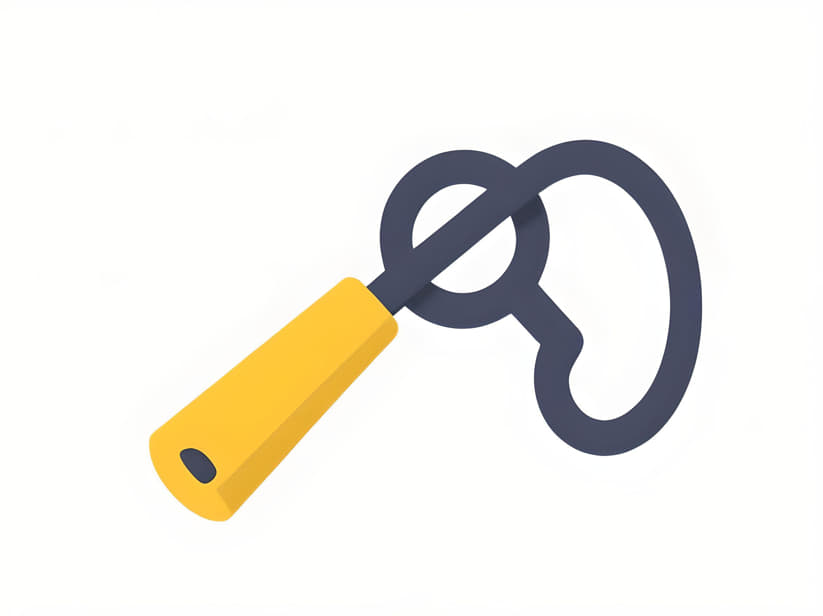
Navigating the consequences of nonpayment can vary significantly depending on the context, whether it pertains to debts, taxes, fines, or other financial obligations. Understanding the potential penalties for nonpayment is crucial for individuals and businesses alike to avoid legal repercussions and financial hardship. This article explores common scenarios where nonpayment can lead to penalties, consequences, and strategies to mitigate such risks.
Nonpayment Scenarios and Potential Penalties
1. Debts and Creditors
When individuals or businesses fail to make timely payments on debts, creditors may take various actions to recover funds:
- Late Fees and Interest: Creditors often impose late fees and interest charges on overdue payments, increasing the total amount owed.
- Negative Credit Impact: Nonpayment can negatively impact credit scores, making it harder to secure loans, mortgages, or favorable interest rates in the future.
- Debt Collection: Creditors may enlist debt collection agencies to recover unpaid debts, which can lead to persistent calls, letters, and legal notices.
2. Taxes
Nonpayment of taxes, whether income taxes, property taxes, or sales taxes, can result in severe consequences:
- Penalties and Interest: Tax authorities impose penalties and interest on unpaid taxes, compounding the amount owed over time.
- Liens and Levies: Governments may place liens on property or levy bank accounts and wages to recover unpaid taxes.
- Legal Action: Persistent nonpayment or evasion of taxes can lead to legal action, including fines, asset seizure, or even imprisonment in extreme cases of tax fraud.
3. Utility Bills and Services
Nonpayment of utility bills (electricity, water, etc.) or service bills (phone, internet) can lead to disruptions and additional penalties:
- Service Disconnection: Utility providers may disconnect services for nonpayment, affecting daily operations or personal comfort.
- Reconnection Fees: Reconnecting services after nonpayment often incurs additional fees or deposits.
- Credit Reporting: Some utility companies report delinquent accounts to credit bureaus, impacting credit scores.
4. Legal and Court Fees
Nonpayment of legal fees, court-ordered fines, or restitution can result in escalating consequences:
- Contempt of Court: Failure to pay court-ordered fines or fees can lead to contempt charges, resulting in additional fines or imprisonment.
- Civil Judgments: Nonpayment of legal fees or court judgments can result in civil judgments against individuals or businesses, impacting credit and financial standing.
Strategies to Mitigate Risks of Nonpayment
1. Budgeting and Financial Planning
- Prioritize Payments: Allocate funds to essential payments first, such as mortgage/rent, utilities, taxes, and secured debts, to avoid penalties and service disruptions.
- Emergency Savings: Maintain an emergency fund to cover unexpected expenses or income disruptions that may lead to nonpayment scenarios.
2. Negotiation and Communication
- Contact Creditors Early: If facing financial difficulties, communicate with creditors or service providers early to discuss payment options or negotiate alternative arrangements.
- Payment Plans: Request payment plans or settlements to manage debts more effectively and avoid penalties.
3. Legal Assistance
- Seek Legal Advice: Consult with a financial advisor or lawyer specializing in debt management and consumer rights to understand legal options and protections available.
4. Credit Monitoring
- Monitor Credit Reports: Regularly check credit reports to identify any delinquent accounts or inaccuracies that may impact creditworthiness.
Nonpayment of debts, taxes, utility bills, or legal fees can lead to significant penalties, financial setbacks, and legal repercussions for individuals and businesses. Understanding the potential consequences of nonpayment and implementing proactive strategies to manage financial obligations are crucial steps in maintaining financial health and minimizing risks. By prioritizing payments, communicating with creditors, and seeking professional guidance when needed, individuals can navigate challenges associated with nonpayment more effectively. Remember, early intervention and responsible financial management play key roles in avoiding penalties and safeguarding financial stability in the face of economic uncertainties.